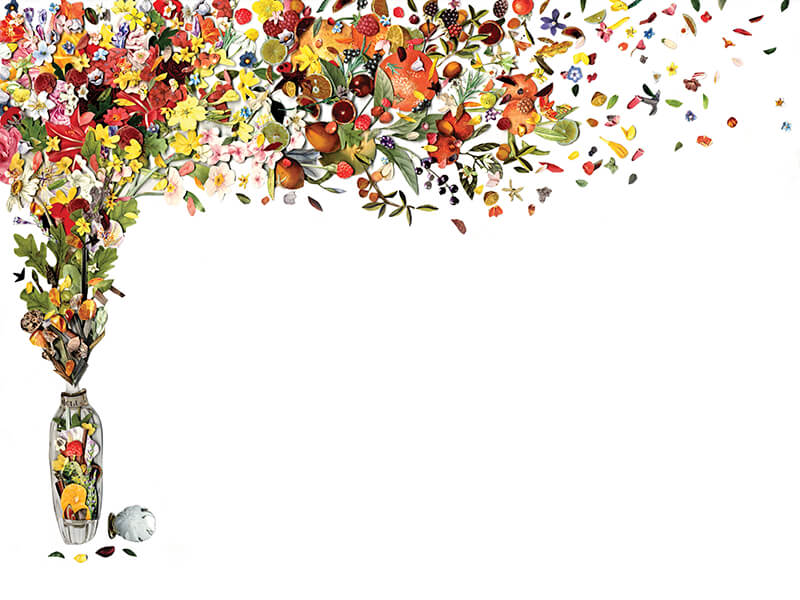Perfumery, once shrouded in mystery and artistry, has evolved into a scientific craft guided by systematic methods. Jean Carles' innovative approach to fragrance creation transformed the industry, emphasizing experimentation and organization. The intricate process of composing scents involves trial and error, with perfumers like Gary Marr blending creativity with scientific precision to develop captivating fragrances that resonate with consumers worldwide.
The olfactory realm's complexity is unraveled through the interplay of natural ingredients and synthetic molecules, shaping our sensory experiences. Advances in receptor technologies offer insights into scent perception, while artificial intelligence is poised to revolutionize perfume creation by predicting fragrance outcomes based on receptor activation patterns. Despite these advancements, the essence of perfumery remains rooted in human intuition and emotion, underscoring the enduring artistry behind crafting captivating scents.
Налаштувати зведення
Переписати за допомогою ШІ
Згенерувати цитати
Перекласти джерело
Іншою мовою
Згенерувати інтелект-карту
із вихідного контенту
Перейти до джерела
harpers.org
The Odor of Things, by Scott Sayare
Ключові висновки, отримані з
by Scott Sayare о harpers.org 03-04-2024
https://harpers.org/archive/2021/12/the-odor-of-things-solving-the-mysteries-of-scent/?utm_source=linnk.ai
Глибші Запити
